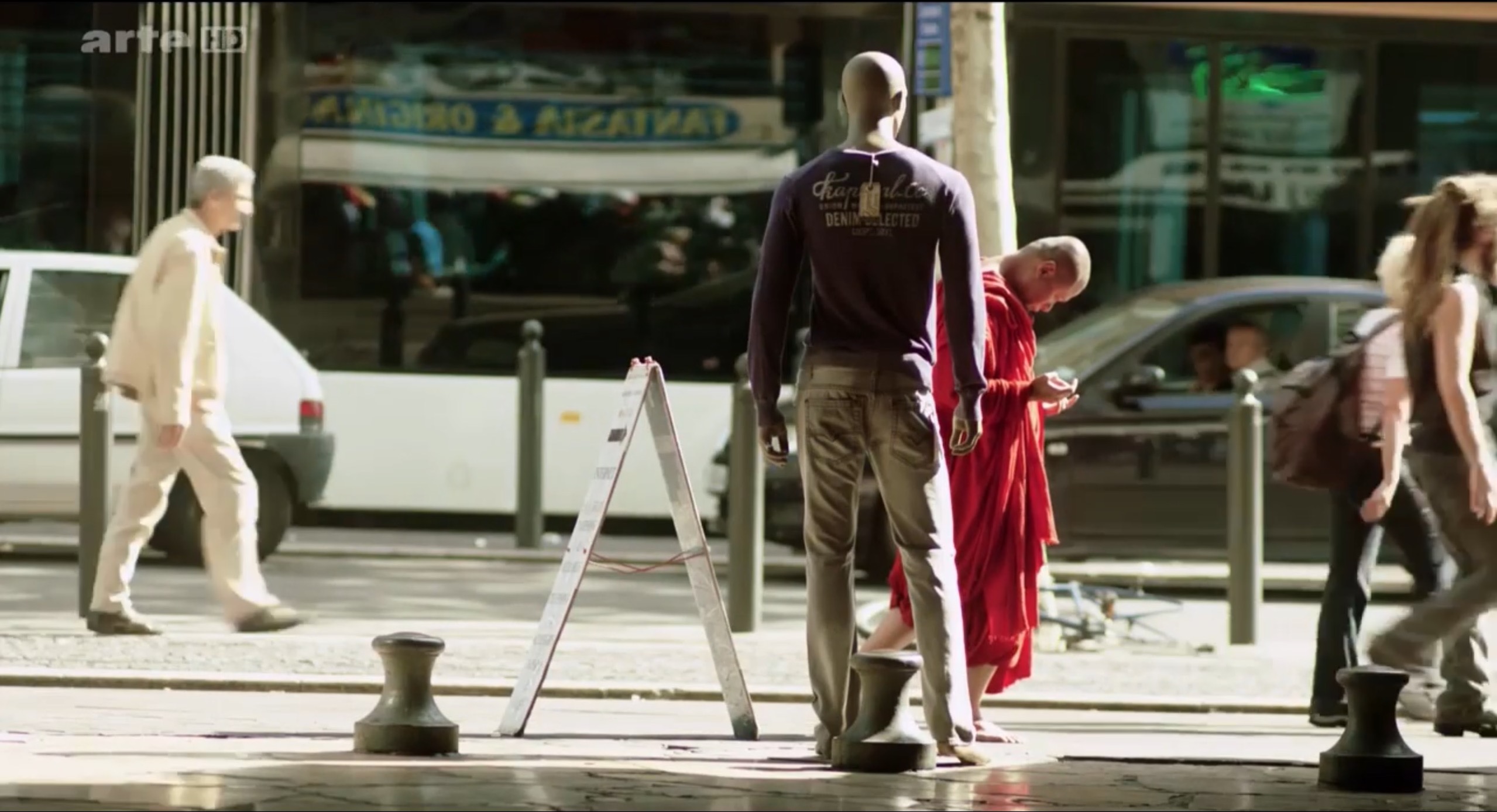Casting Allusions
DOI:
https://doi.org/10.58519/aesthinv.v2i2.11969Keywords:
aesthetic value, casting, allusionAbstract
The modest philosophical literature on allusion focuses on descriptive issues concerning literary examples, and thus tends to neglect both allusions in other media and normative concerns about allusions in general. In this paper I will help fill both gaps through an analysis of three different cases of what I call casting allusions, which depend on the audience’s recognition that a certain cast member was also in the cast of a different work. These cases vary greatly in aesthetic merit, and this is best explained via two dimensions of allusive value: richness (given the medium) and dynamic engagement. All else being equal, an allusion will be more aesthetically pleasing when it relies on a wider variety of medium-relevant channels or prompts less passive, more evolving audience response. Such an account finds further support in elaborate cinematic examples, such as the tapestry of allusions to Bruce Lee in the Kill Bill films.
References
Carroll, Noël. 1998. Interpreting the Moving Image. Cambridge: Cambridge
University Press.
Hermerén, Göran. 1992. “Allusions and Intentions.” In Intention and Interpretation, edited by Gary Iseminger, 203–220. Philadelphia: Temple University Press.
Holt, Jason. 2006. “A Darker Shade: Realism in Neo-Noir.” In The Philosophy
of Film Noir, edited by Mark T. Conard, 23–40. Lexington: University Press of Kentucky.
— 2015. “Ex Ante Allusions.” Aesthetic Investigations 1:14–22.
Irwin, William. 2001. “What Is an Allusion?” Journal of Aesthetics and Art
Criticism 59:287–297.
— 2002. “The Aesthetics of Allusion.” Journal of Value Inquiry 36:521–532.
Leddy, Michael. 1992. “Limits of Allusion.” British Journal of Aesthetics
:110–122.
Perri, Carmela. 1978. “On Alluding.” Poetics 7:298–307.
Ross, Stephanie. 1981. “Art and Allusion.” Journal of Aesthetics and Art
Criticism 40:59–70.
Wollheim, Richard. 1980. Art and Its Objects, Second Edition. Cambridge:
Cambridge University Press.
Downloads
Published
Issue
Section
License

This work is licensed under a Creative Commons Attribution 4.0 International License.
Authors who publish with this journal agree to the following terms:
Authors retain copyright and grant the journal right of first publication with the work simultaneously licensed under a Creative Commons Attribution License that allows others to share the work with an acknowledgement of the work's authorship and initial publication in this journal. Note: up to volume 4 issue 1, an incorrect copyright line appears in the PDFs of the articles.
Authors are able to enter into separate, additional contractual arrangements for the non-exclusive distribution of the journal's published version of the work (e.g., post it to an institutional repository or publish it in a book), with an acknowledgement of its initial publication in this journal.
Authors are permitted and encouraged to post their work online (e.g., in institutional repositories or on their website) prior to and during the submission process, as it can lead to productive exchanges, as well as earlier and greater citation of published work (See The Effect of Open Access).






